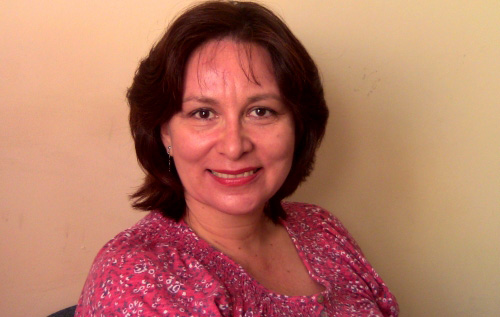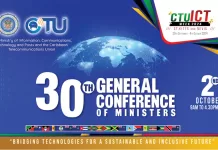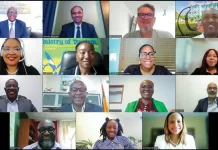Claudia Stella Beltrán Turriago, the economist who has been engaged to lead a new study to look at the impacts of rising cost factors offishing operations, such as labor, fuel, fishing gear, repair and maintenance, and capital, completed the first leg of field work in Belize today.
While in Belize, she had a chance to conduct surveys with fishers from various communities around the country. The Belize Fisheries Department assited with surveys in more remote parts of the country, such as the far north and the far south. It is expected that the Belize survey will have canvassed fishers from as far noth as Chunox, Corozal, to as far south as Punta Gorda, Toledo.
After leaving Belize today, Claudia returns home for a few weeks before moving on to Suriname and Barbados for more fieldwork. Finally, she will move on to St. Kitts and Nevis and to St. Vincent and the Grenadies.
Remote surveys will also be conducted in Guyana, Grenada, Colombia and Trinidad and Tobago.
The consultant told the CRFM that her visit to Belize was “very successful.”
After the study is completed, a policy brief will be prepared for action by Caribbean leaders. The brief will highlight the major findings and recommendations, including policy options and strategies to increase efficiency, productivity and sustainability of the fisheries and aquaculture sector, while reducing economic risks.
The beneficiary countries are the 17 states which are members of the Caribbean Regional Fisheries Mechanism, as well as countries covered by a UN/FAO project on the Sustainable Management of Bycatch in Trawl Fishing in Latin America and the Caribbean (the REBYC-II LAC), funded by the Global Environment Facility (GEF).






